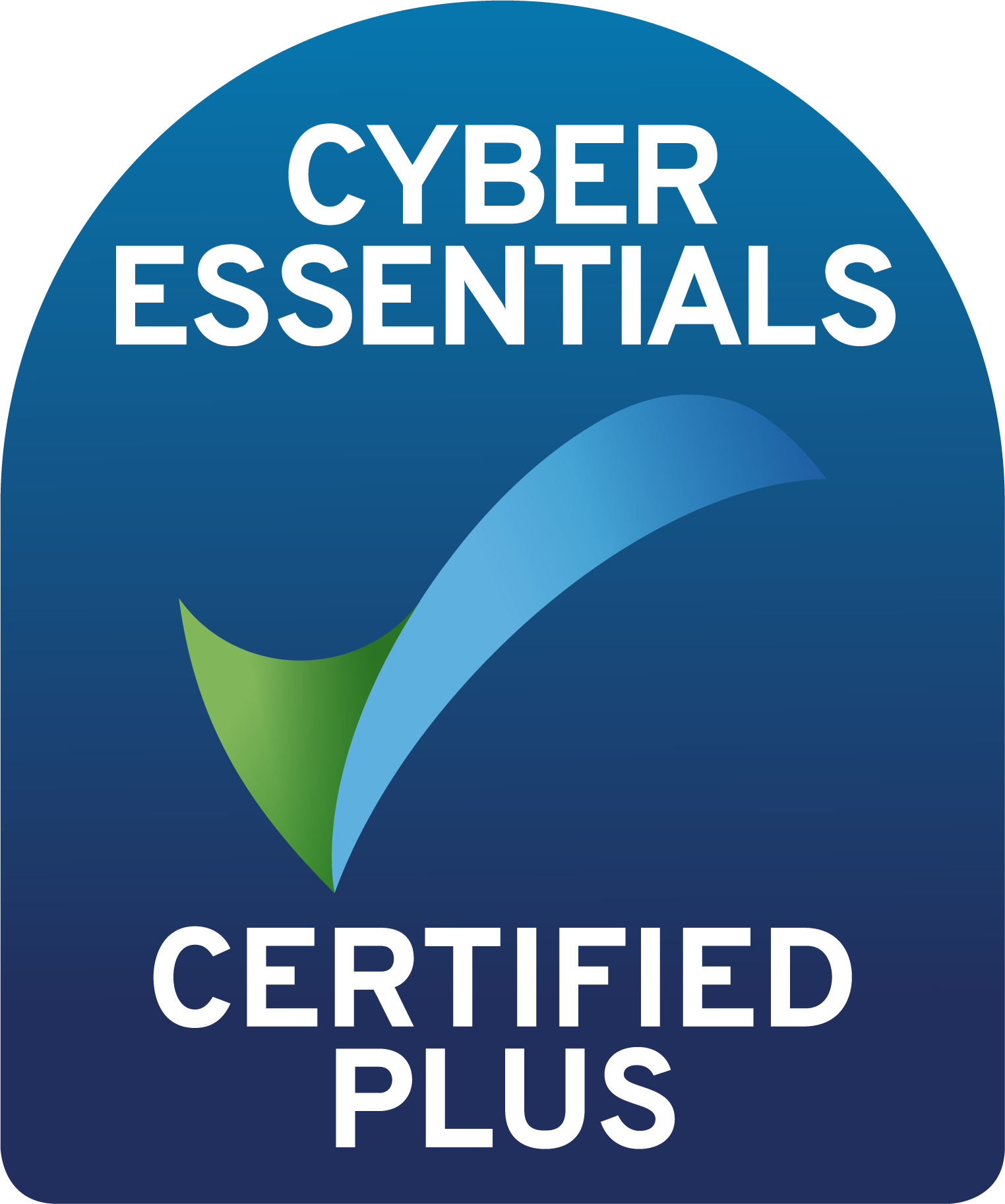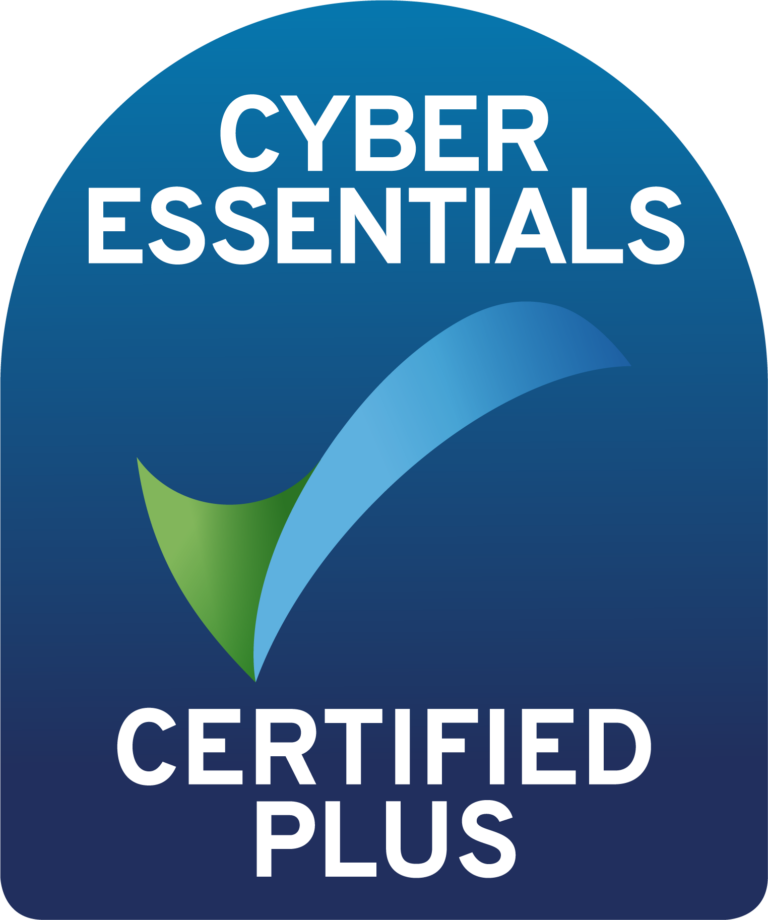
Written by Paul Starr, CEO of SEP2. Connect on LinkedIn
Why SEP2 joined the 4 day work week challenge
I have a confession to make, I’m in love with my work. It’s not just a job for me; it’s my passion, my hobby, and a significant part of my identity. While I understand and respect the growing emphasis on work-life balance, I find myself swimming against the current, fully embracing a life where work and personal life are beautifully intertwined.
For me, the line between work and leisure is not just blurred- it’s practically non-existent. It’s not about being unable to switch off; I simply don’t want to. Consequently, I don’t see the week as just five days. It’s worth mentioning my work ethic has been consistent throughout my career, even before owning a business. I was always the “ideal” employee—arriving early, leaving late, and being available after hours, though I recognise that this does not necessarily indicate performance.
Here’s the truth: I’m genuinely happy. The satisfaction I derive from my work fulfils me.
Here’s where it gets tricky: As a leader in my organisation, I advocate for policies and practises that promote work-life balance. I encourage my team to take time off, to disconnect after hours, and to prioritise their personal lives. Yet, I don’t always practice what I preach. This paradox isn’t lost on me. While I stand by my personal choices, I fully recognise that my approach may not suit everyone.
I’ve seen friends and colleagues struggle with burnout, stress, and the challenges of balancing professional demands with personal lives. I respect and support the need for work-life balance initiatives in our workplace and society at large.
SEP2 introduced ‘Personal Days’ in August 2021 after our leadership team observed how the covid pandemic had left employees feeling burnt out and stressed. We provided each employee an extra weekday off for the month and saw an increase in employee satisfaction. The guidelines mandated thorough handover and documentation of your tasks to enable others to manage the work, this was not only to provide our customers with a service not impacted by this incentive but also to help promote better collaboration with the teams.
The Benefits of a 4 day work week
This August, we took a bold step towards improving our employees’ well-being by testing out a 4-day work week for every week in the month of August, introducing 4ugust.
The 4-day work week has been gaining traction globally, with numerous studies highlighting its positive impact on employee well-being and productivity. Research has shown that moving to a 4-day week can lead to:
- Reduced stress and burnout
- Decreased anxiety
- Improved work-life balance
- Better sleep and less fatigue
- Increased job satisfaction
While these benefits are compelling, shifting to a 4-day week in our 24-hour operation isn’t straightforward.
The Challenges of a 4 day work week
Now comes the complexities!
Since our company now runs a 24/7 Security Operation Centre with a much larger workforce compared to that of 2021, this incentive introduced some distinct challenges.
While a substantial proportion of the organisation does not run in the 24/7 model, SEP2 demands fairness across all employees, therefore we would only entertain an incentive if we could make it work for everyone. Our round-the-clock schedule means we can’t simply close an extra day each week. Instead, we’ve had to carefully redesign our shift patterns to ensure continuous coverage while giving each employee an extra day off.
This has required extensive planning and coordination between departments. We’ve had to consider factors like:
- Always maintaining appropriate staffing levels
- Ensuring fair distribution of shifts
- Managing handovers between teams
- No degradation of service to our customers
Throughout the month, we noticed that our SOC’s high standards were affected, and shift members were overwhelmed by their workload. Hence, we quickly decided to temporarily halt the scheme for our SOC employees. It’s crucial to ensure that our services and teams remain unaffected when testing new initiatives. Don’t worry, to compensate, we extended the days into September, which the team appreciated since they had noticed a negative impact. We dubbed it SOCtember but realized SOCtober would have sounded so much better.
I personally prefer managing people based on outcomes rather than time, however, I want to address how this management style influences the feasibility of a four-day work week. Recently, Education Minister Baroness Jacqui Smith participated in a debate about the four-day work week, but the discussion centred around flexible hours, which, although related, is a distinct topic. Both flexible hours and a four-day work week are most effective when employees are managed by their results and not by their time.
What SEP2 learned about a 4 day work week
Certain services and positions cannot be managed solely based on outcomes, even though results should still be overseen. This applies to a service desk or, in my case, a Security Operation Centre. We require coverage and staff around the clock, 24 hours a day, 7 days a week. Thus, regardless of the workload, individuals must be stationed at their desks, prepared to respond.
In hindsight, August was probably not the best month to have more staff on leave due to the already scheduled holidays. This clearly had an operational impact on how this was managed compared to when we previously attempted personal days.
Hopefully this has given you some insight to our experience with a 4-day working week. We recognise that this was a significant shift in how we work, and there were some hurdles to overcome. However, we are committed to continually looking at initiatives that will benefit the wellbeing of our employees. Our hope is that this trial will demonstrate the feasibility of a 4-day week in our unique work environment, leading to happier, healthier, and more productive employees.
Check out what our employees got up to for 4ugust on our blogpost ‘The Benefits of a 4 Day Work Week at SEP2‘
















